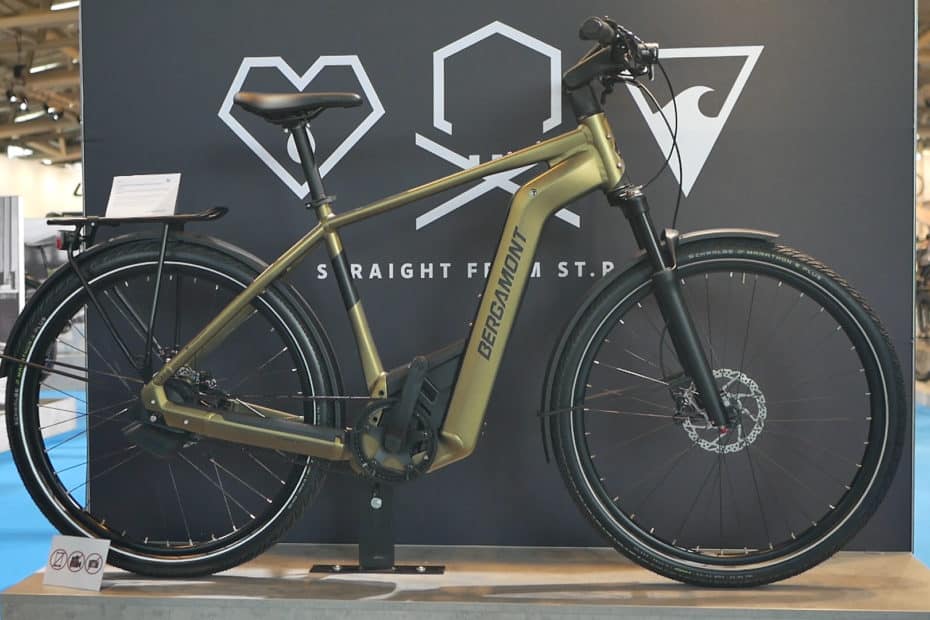The four crises are related and deeply influence each other. A large ebike diffusion can considerably improve all four.
Excessive fossil energy consumption damages the economy, public health (pollution) and climate, which in turn damages the economy and public health, the latter damaging the economy, and so on.
Even normal bike use can improve the situation, but ebikes weigh more since they can replace car driving more often. Indeed:
- ebikes use benefits the economy
- ebikes use saves energy
- a massive diffusion of ebikes would mitigate climate change
- commuting with ebikes improves air quality and public health
Ebikes can improve the economy
As explained in our previous post “Benefits of Biking on Public Health and Wealth: the Dutch Model (ebike24.com) “, the effects of bike and e-bike mobility on the economy are greatly beneficial, a 5 billion € a year saved for the Netherlands alone. If we combine them with what ebikes use can save on public health and climate change related expenses (e.g. crops damages and whether catastrophes), we realize how considerable they are.
Ebike usage really saves across the board
On the other hand, ebikes need only an average 100 Watts to ride 10 km, whereas a car needs on average a liter of fuel to drive the same distance, plus ever increasing maintenance costs. Moreover, the more people bike, the more traffic becomes fluid. In Atlanta, USA, the city government banned shared bikes and e-scooters from 9 p.m. to 4 AM. This made possible to monitor traffic speed during the ban. According to the study “Impacts of micromobility on car displacement with evidence from a natural experiment and geofencing policy“, the ban caused a 2- to 5-minute delay for evening commuting and a 12-minute delay for special events, like a sports game. Although such increases could appear to be a minor inconvenience, the cost of additional time in traffic quickly adds up when aggregated across large commuter populations.
The yearly economic impact on the city of Atlanta was calculated at US $4.9M. The study estimated that this impact on the national level could be in the range of US $408M to $573M. Still, we are reckoning only seven hours of ban, and only for shared bikes and scooters, privately owned bikes and ebikes being excluded. Nonetheless, if we were to include the latters for 24 hours a day, the savings could well exceed a couple of billion a year for the US. That should be the sum saved by bikes, especially ebikes, and e-scooters considering actual use. Peanuts if compared with the 5 billions yearly saved by biking in the Netherlands, which has a population of only 16 million, compared with the 325 million of the USA. But the former counts the most bikers per capita of the entire world, and half the bikes sold overthere are ebikes.
Needless to say, less traffic jams involve less fuel consumption and costs, less health damage and less climate changing pollution.
How ebike use saves gazillions of oil tons

Bike lanes in France, Ardèche
The energy crisis is hitting our economies hard. Prices of gas, electricity and even heating wood have skyrocketed, jeopardizing the economic well-being of households and companies.
Awkward energy saving remedies
The severity of energy price increase prompts experts and media to propose a variety of remedies, sometimes a little weird. For instance, proposal as this: turn off your stove and let spaghetti or pasta simmer in hot water for four minutes, boiling them for five minutes instead of nine, may save 0,01 Kwh, but then we would eat a sort of pasta pudding. Bleah!
We wonder when they will suggest to close oneself inside the refrigerator to check out whether its light goes off or not.
Even putting the lights off, as it’s often recommended, doesn’t save that much energy, the average led lightbulb consuming four watts per hour, a kilowatt every 250 hours.
Riding ebikes rather than driving cars can mitigate climate change

This is a work derived by ebike24.com from IEA material and ebike24.com is solely liable and responsible for this derived work. The derived work is not endorsed by the IEA in any manner.
Exhaust pipe gases significantly alter the climate of our planet. According to the IEA, the International Energy Agency of the United Nations, transport has the highest reliance on fossil fuels of any sector and accounted for 37% of worldwide CO2 emissions from end‐use sectors in 2021.
Even though some people couldn’t possible commute with an e-bike instead of a car, if only 20% of drivers did it, we could reduce global carbon dioxide emissions by roughly 7%. This reduction seems feasible, inasmuch bike lanes would be set up.
Riding ebikes is quite healthy
As we illustrated in our recent post, ebike riding can dramatically improve public health. Diabetes is skyrocketing worldwide; the actual 360 million cases should become 450 millions at the end of this decade. Cardiovascular diseases are the first cause of death in the US and in many other developed countries, not to mention exhaust pipe gas related illnesses, such as lung pathologies and cancers. Frequently riding an e-bike could help prevent many of those health hazards. Aging populations in developed countries hardly endure the efforts required by pedalling, that’s why an e-motor assistance is all the more necessary.
Conclusion: even non-bikers should support ebike diffusion
That’s because the more kilometers are ridden by bike instead of driven, the better life quality can be enjoyed by everyone.
